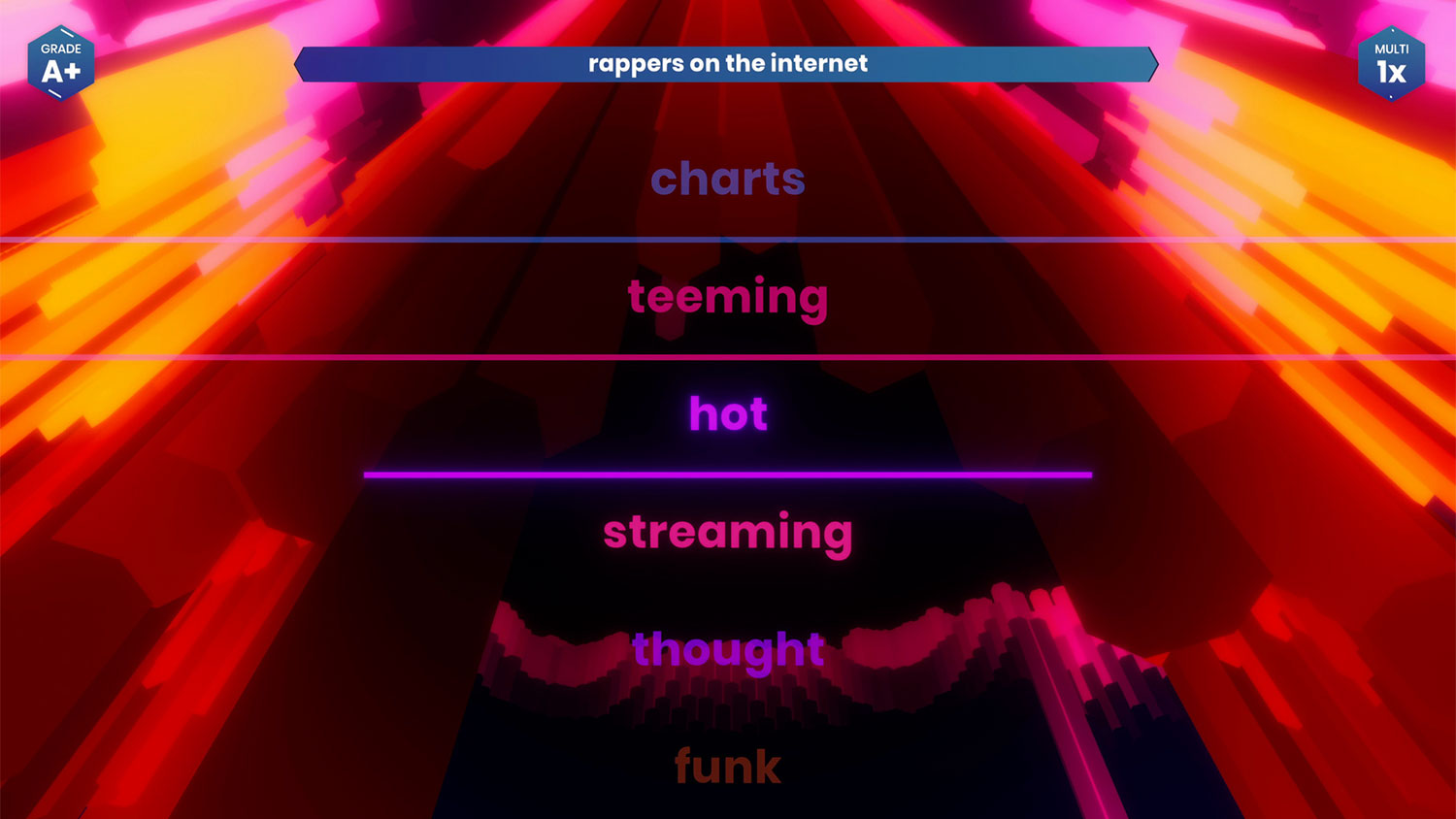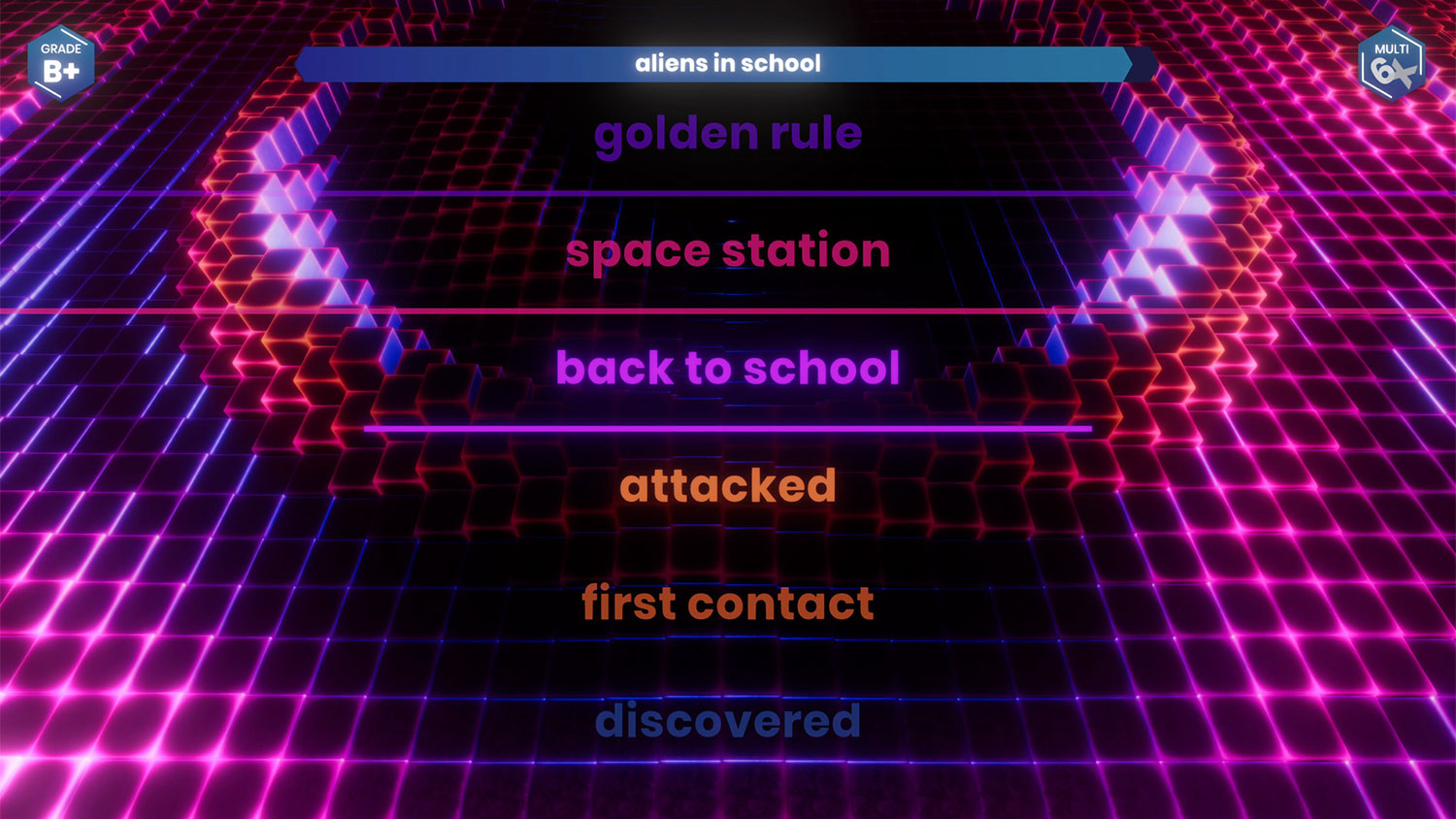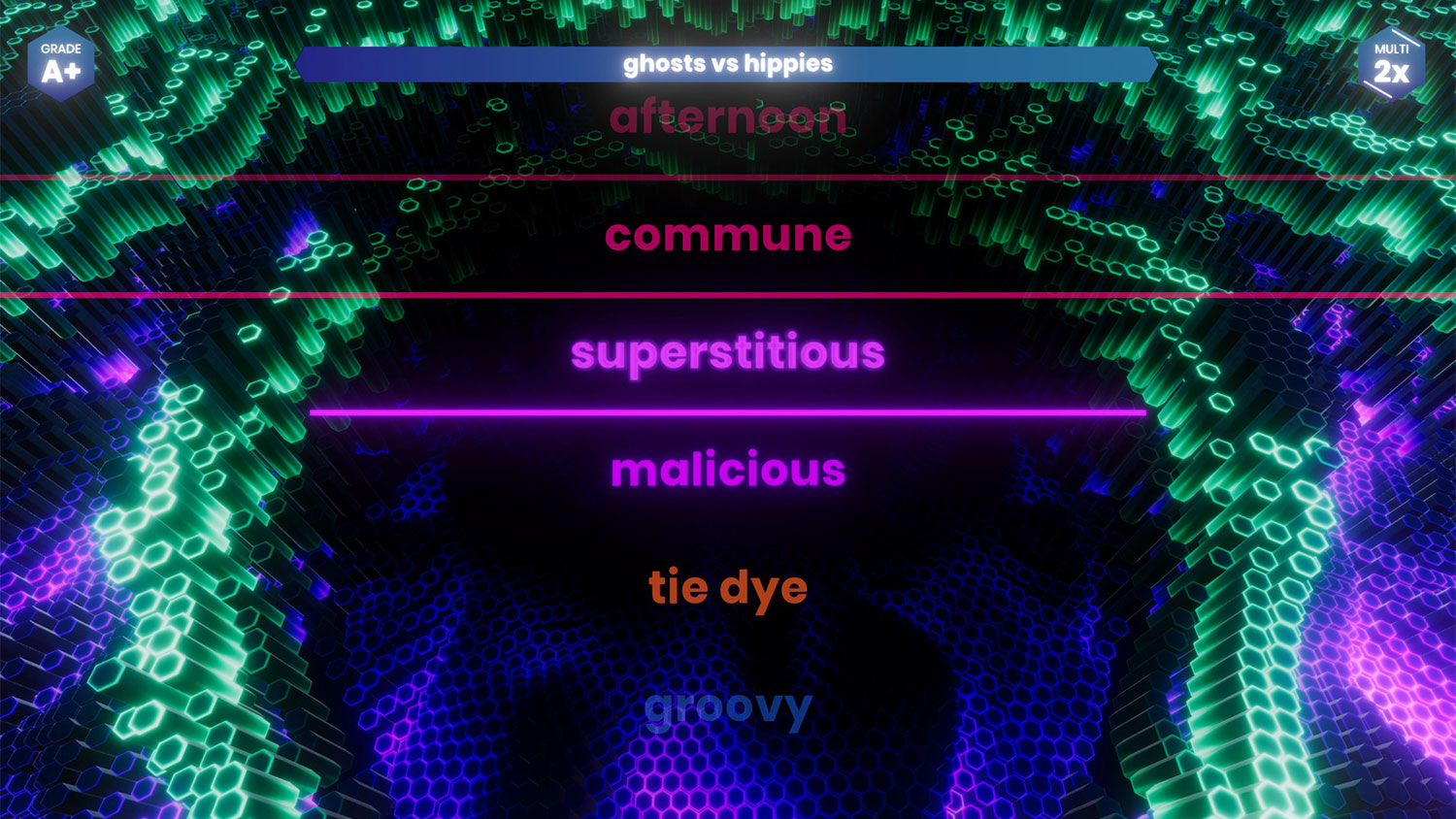A few years ago at Apple’s Worldwide Developers Conference, the effortlessly cool Bozoma Saint John, then running marketing efforts for Apple Music, tried to get the audience to first clap in time to — and then rap along with — The Sugarhill Gang’s 1979 song Rapper’s Delight. It didn’t go well. “We’re gonna pause this,” she said after a few awkward moments. “Because some of you guys are not rapping to the beat, OK?”
Based on that one instance, the worlds of high tech and hip-hop seemed to go together about as well as oil and water, or Master P and tastefully designed, understated album covers. But the makers of an upcoming app, Rhyme Storm, want to give this collaboration another chance. And if they pull it off, it could be big. Like, really big.
The central premise of Rhyme Storm is that it uses A.I.-driven voice recognition and machine intelligence to help you learn to freestyle. For those who don’t know a freestyle from a programming framework, it’s that ever-so-slightly terrifying form of rap in which Eminem engages in the movie 8 Mile. Not only does it require the performer to be able to, well, rap, but also to be capable of making up clever lyrics on the spot.
Far from a niche corner of the rap world, freestyling has been a big part of hip-hop since the very beginning. It’s a type of performative battling, showing that a person can conjure clever lyrics, metaphors, and puns off the top of the dome in an effort to outwit, outmaneuver, and, ultimately, outdo the other person. Needless to say, it’s not easy.
“The ‘eureka moment’ was my partner, Tip, and I talking about how there really isn’t anything out there that’s designed to teach you how to freestyle rap,” Flynn McEchron, one of the co-creators of Rhyme Storm, told Digital Trends. “We saw a lot of apps that were kind of designed for people who already freestyle.” But there was nothing for people who were new to it.
The gamification of rap
The concept of Rhyme Storm is as follows: It looks a little bit like a karaoke machine, giving a list of words that gradually scroll up the screen. The words follow a rhyme scheme such as “squint” and “footprint” or “racketeering” and “disappearing,” with colors used to show which words rhyme with one another to get the player to think in rhyme groupings. However, it’s then up to the rhymer to fill in the blanks by coming up with the in-between words that link them together and making a list of non sequiturs into a rap.
The smart bit is that the game can identify what you’re saying and respond accordingly. Just as the ultrapopular Guitar Hero awarded points and combos for hitting the right notes at the right time, Rhyme Storm can grade your rapping in real time by telling you how well you perform.
“Our scoring system uses voice recognition to understand what you’re saying and when you’re saying it,” co-founder Tip McMahon told Digital Trends. “Your score is mainly based on two factors: Your words per minute and using the provided words at the right time. You get real-time feedback on these from your ‘hype meter’ and your grade during gameplay. The hype meter is a bar that fills up when you’re hitting your target words per minute, and your grade shows how you’re doing overall on a scale from A+ to F.”
Players also get a multiplier that they can build by keeping the hype meter filled. A high multiplier is key to big scores. The developers are also working on nifty, voice recognition-aided features like bonuses for the number of unique words you use and the average number of syllables per word.
“Our big philosophy with the scoring is that it should encourage good rapping,” McMahon said. “So we want to encourage you to use a lot of words, be on time, and, most importantly, don’t stop. In freestyle rapping, stopping is death. Not stopping is the key to unlocking your brain and getting into a flow state. And once you’re in a flow, it doesn’t even take thought, it’s a magical feeling.”
A.I. isn’t only used by the game’s developers to analyze speech. It’s also used to create the words that appear on screen. The A.I. models generate lyrics using various rhyme schemes and topics, with oddball combinations like rapping about Shakespeare and extraterrestrials. McEchron likens it to the hugely popular game Cards Against Humanity in this way.
Monster of a system
“[It actually] started out as a fairly simple system that was just one model that only understood words,” McMahon said. “It actually worked fairly well for how simple it was, but the places it got hung up on were always the junctures with the provided rhyme words, which led me down the path to building this monster of a system. We currently have about 1 GB of A.I. models in the game.”
Rhyme Storm will launch this summer, initially for PCs on Steam. But McEchron said that there are plans to expand it to other platforms in the future. Whether it will capture people’s imagination in the way that its co-creators hope it will remains to be seen. However, it’s certainly an innovative concept that, done well, could absolutely resonate with an enormous number of people out there. Heck, there’s probably even an argument to be made for freestyle rap instruction as a brain-training tool.
“I think one of the things, one of the real values of video games [is that they can teach you without you realizing,]” said McEchron. “Your first instinct is, ‘Oh, I’m just having fun; this is great.’ But you’re actually subtly learning. That’s kind of the sweet spot where our game sits. Also it’s easy to learn, but difficult to master.”
Just be careful when it comes to dropping the mic at the end of your performance. That’s a lot more risky if it’s attached to your $1,000 gaming PC.






